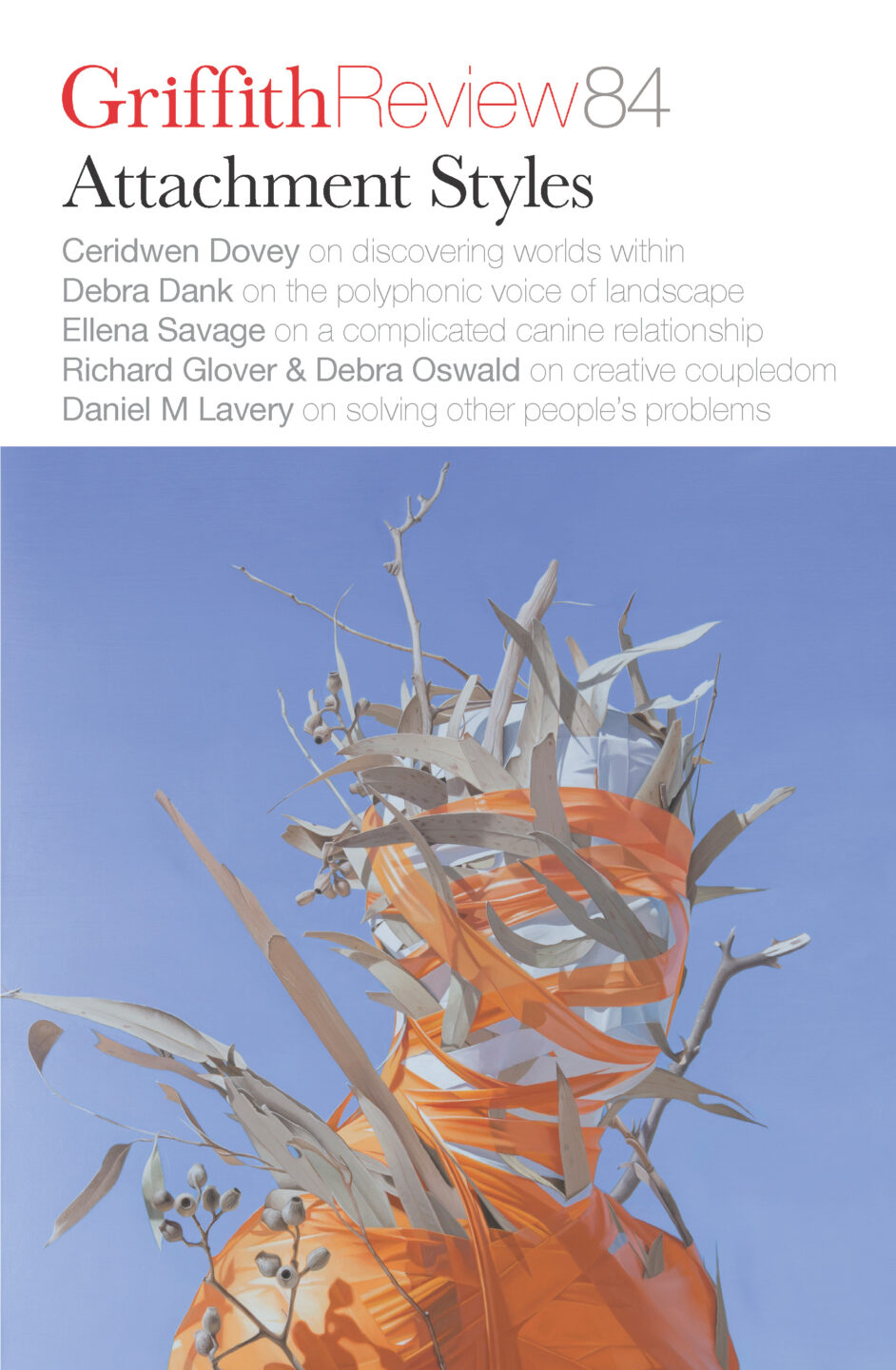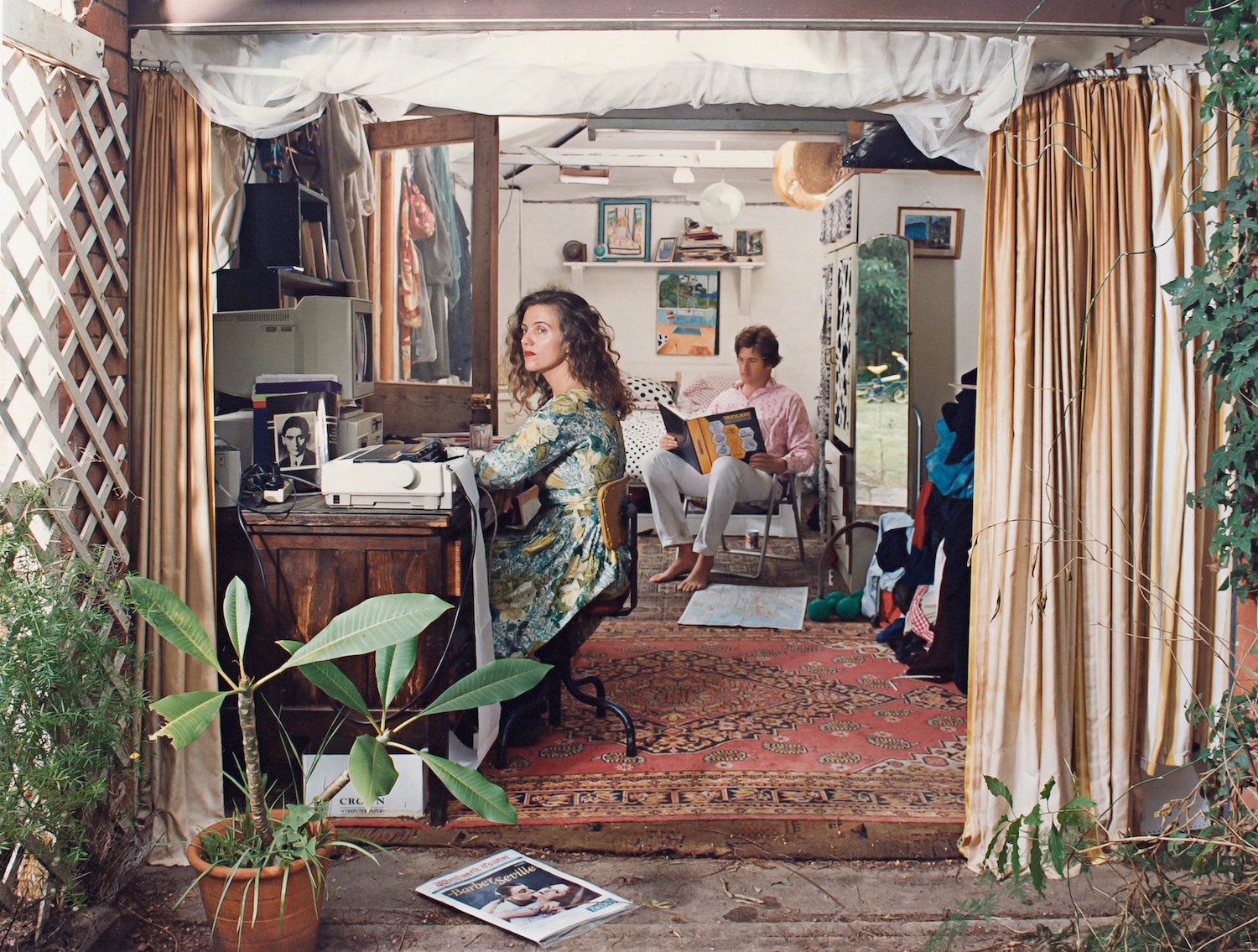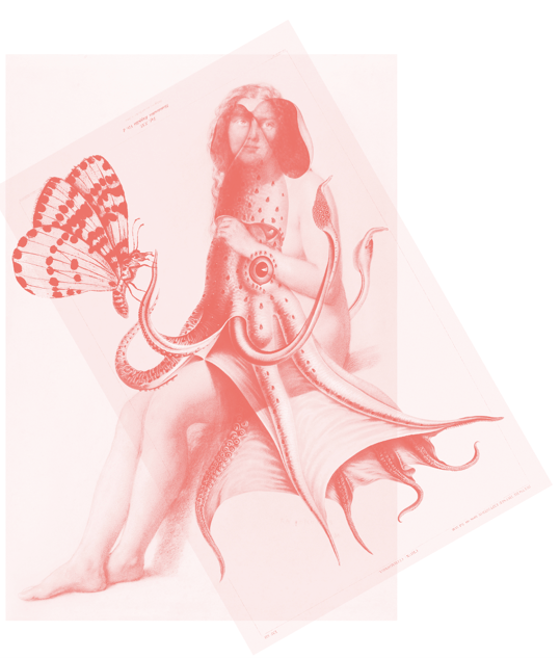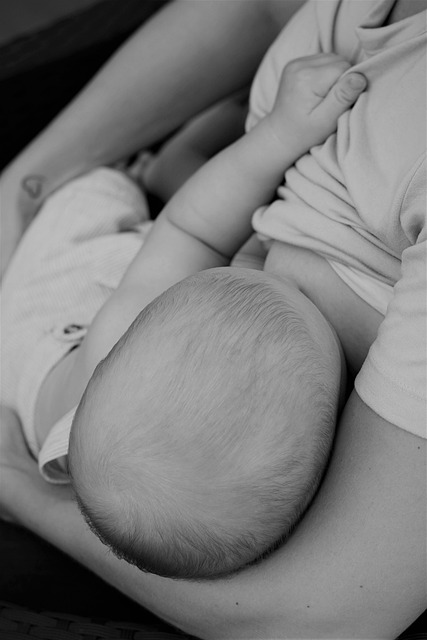Featured in

- Published 20240507
- ISBN: 978-1-922212-95-5
- Extent: 203pp
- Paperback, ePub, PDF, Kindle compatible

I’LL NEVER FORGET the thrill of reading Philip Larkin’s 1971 poem ‘This Be the Verse’ for the first time. I must have been about twelve – the ideal age to encounter Larkin’s deliciously forthright (and famous) opening line. You know the one: ‘They fuck you up, your mum and dad.’ A timeless sentiment, to be sure, and extremely on brand for Larkin, who cultivated a curmudgeonly public persona. And yet ‘This Be the Verse’ wears its pessimism lightly; the passing on of intergenerational failings isn’t intentional, Larkin reminds us, but inevitable, a steadily expanding root system of faults and foibles that simply comes with the territory of being human.
I thought a lot about this poem in the early days of putting this edition together, and about the ways in which our personalities, families, cultures and histories inflect – sometimes without our conscious knowledge – the bonds we form and the ways in which we keep or break them. More than fifty years after Larkin lamented the emotional inadequacy of generations past, we’ve equipped ourselves with an extensive vocabulary with which to characterise, analyse and diagnose our relationships with ourselves, with others, and with the places, objects and ideas that shape our sense of who we are and who we wish to become. Yet still we face the same old set of conundrums: from parasocial connections and fractious family politics to the solace we seek in non-human entities, our myriad attachments continue to offer us comfort and complication in equal measure. Where would we be without them?
THIS EDITION OF Griffith Review attempts to untangle some of these tricky emotional knots. While it’s impossible to survey all the contexts in which our attachments form and grow, this collection nonetheless traces a sprawling lineage of feelings about parents, children, pets, lovers, work, bodies, concepts and communities. It questions our increasing reliance on therapy speak; parses the complexities of connection to place and Country; reveals the intimacies of writing another person’s life; questions the truth of national narratives that occlude unpalatable histories; lifts the curtain on the limits of Method acting; busts some myths about breastfeeding; discovers the healing power of punk; explores the curious allure of other people’s problems; and much, much more.
Special thanks to the Copyright Agency Cultural Fund for their support of our Emerging Voices competition. We’re delighted to feature work by two of our four 2023 winners, Brooke Maddison and Scott Limbrick, in this edition.
‘This Be the Verse’ remains just as resonant in 2024. We’re still passing on our failings and our fears; we’re still loving and hating those close to us and those we’ve never even met; and – luckily for those who work at a literary journal – we’re still writing poems about it. We’re just trying to work it out. In that spirit of contemplation, Attachment Styles is Griffith Review’s small contribution to humanity’s long history of talking about relationships. I like to think we’ve added something extra to the conversation, just for you.
March 2024
Photo credit: Nathan Dumlau from Unsplash
Share article
More from author

The comfort of objects
Objects can be powerful mnemonics that connect us to stories and the places they were acquired. I have always had an interest in the things we collect and the way we arrange them in our homes. Being an artist, I like to create a place for these objects – an installation of sorts – within the domestic space, for my pleasure and for those who visit. The objects that appear in Open House are still lifes that the sitter interacts with and gives reason to their being.
More from this edition

Seized by a ceaseless meanwhile
Non-fictionOwing to its prominent location and spectacular collapse, Álvaro Obregón 286 featured prominently in media coverage of the earthquake rescue. But residents told me they always suspected something was afoot. Within twenty-four hours of the disaster, rescuers from Israel and Spain arrived onsite. Both teams quickly recovered documents and computers and rescued only specific people, while others in the rubble still cried out for help. These unexplained events, alongside further evidence of the government’s awareness of the building’s structural problems, transformed the public perception of the monument from tribute to smokescreen.

The octopus within
Non-fictionI’ve now watched quite a few doctors sketch my thyroid on office pads, something they all seem to love to do, relishing that butterfly shape, the two spreading wings. They do shade-hatching on the left or right lobe, colour in a dark circle to represent the tumour and draw four little dots for the parathyroid glands. I have started to look forward to this moment when a medical specialist transforms suddenly into an artist, taking pride in their drawing, picking up a special pen with a thin black nib, concentrating on making this invisible organ real to me. They are maybe unaware that through their own idiosyncratic drawing styles, they become instantly more interesting as people.

It’s only natural
Non-fictionI often feel that we have landed in the worst of all possible worlds for women when it comes to breastfeeding. We are subject to an ideology that argues for its singular efficacy in generating infant attachment to the mother, making an inviolable and exclusive bond. We are also expected to breastfeed to repudiate the maternal industrial complex that fills our supermarkets with formula in shiny tins. Breastfeeding makes us better feminists and more critical consumers, as well as optimal mothers. And we are expected to do our breastfeeding in hygienic houses, compartmentalised into neat families. It’s not easy to be a perfect mother, anti-capitalist and feminist while doing a lonely night feed.